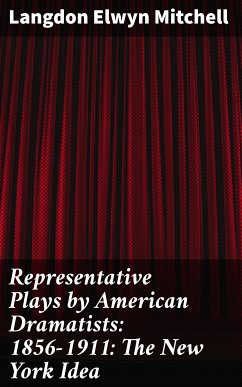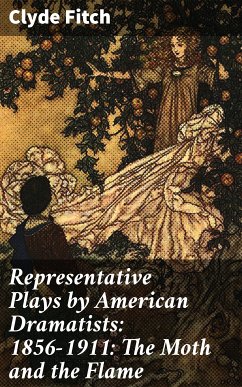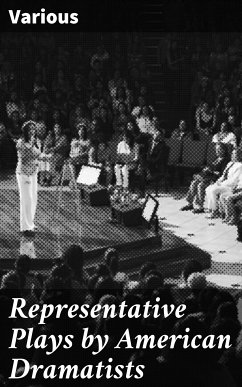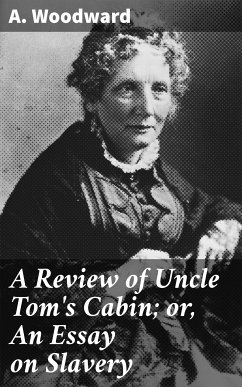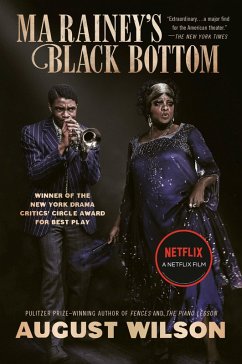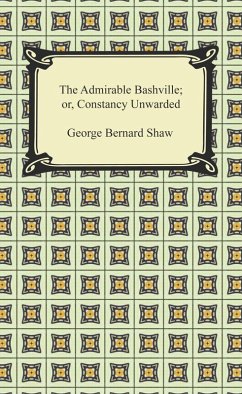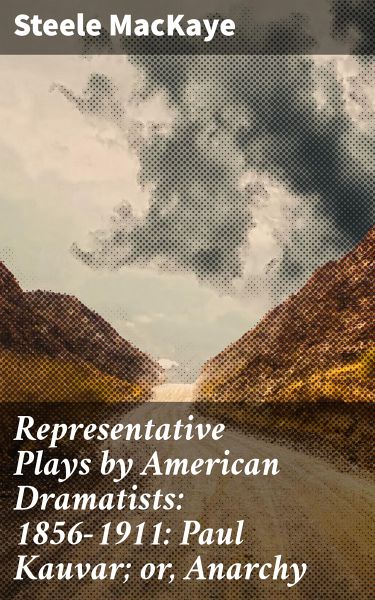
Representative Plays by American Dramatists: 1856-1911: Paul Kauvar; or, Anarchy (eBook, ePUB)
Political Intrigue and Historical Drama in American Theatre
Redaktion: Moses, Montrose Jonas

PAYBACK Punkte
0 °P sammeln!
In "Representative Plays by American Dramatists: 1856-1911: Paul Kauvar; or, Anarchy," Steele MacKaye intricately weaves a narrative that delves into the socio-political upheavals of late 19th-century America. This thought-provoking play captures the essence of an era shaped by both burgeoning industrialization and persistent systemic inequalities. MacKaye's literary style blends naturalistic dialogue with emotive monologues, inviting readers into the emotional depths of human experience. The play exemplifies the American realist tradition, reflecting the conflicts between individual desires a...
In "Representative Plays by American Dramatists: 1856-1911: Paul Kauvar; or, Anarchy," Steele MacKaye intricately weaves a narrative that delves into the socio-political upheavals of late 19th-century America. This thought-provoking play captures the essence of an era shaped by both burgeoning industrialization and persistent systemic inequalities. MacKaye's literary style blends naturalistic dialogue with emotive monologues, inviting readers into the emotional depths of human experience. The play exemplifies the American realist tradition, reflecting the conflicts between individual desires and societal constraints through its complex characters and absorbing plot. Steele MacKaye, a notable American playwright, director, and actor, was deeply influenced by the cultural currents of his time. His involvement in the development of American theater and advocacy for dramatic realism positioned him as a prominent figure in the theatrical landscape. MacKaye's experience with social reform and passionate belief in the transformative power of theater likely fueled the themes of anarchy and reform present in "Paul Kauvar," mirroring his own aspirations for progressive change. Readers interested in the evolution of American drama and the exploration of anarchistic themes will find "Paul Kauvar; or, Anarchy" an essential addition to their literary repertoire. MacKaye's work not only invites critical reflection on societal norms but also serves as a poignant reminder of the power of theater to challenge the status quo.
Dieser Download kann aus rechtlichen Gründen nur mit Rechnungsadresse in A, B, BG, CY, CZ, D, DK, EW, E, FIN, F, GR, H, IRL, I, LT, L, LR, M, NL, PL, P, R, S, SLO, SK ausgeliefert werden.





